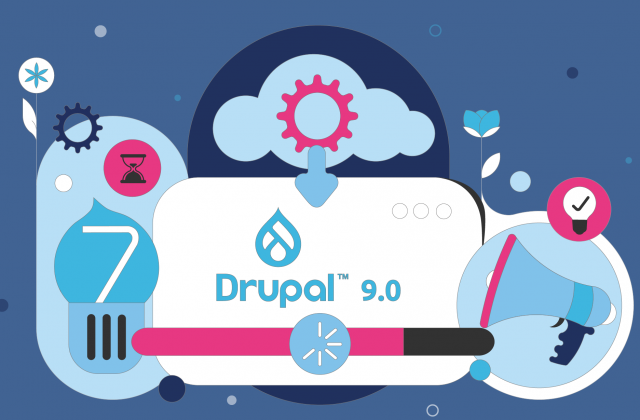We’re approaching the time when those using Myspace for social media marketing will be seriously re-considering the merits of doing so. What is Myspace value then?
Further lay-offs at Myspace indicate yet another step in the network’s decline (apparently they are shortly set to shed around 40% of what remains of an already downsized workforce).
The overwhelmingly likely outcome is that eventually it will not be worth your while to use Myspace (even when one takes into account the various tools currently available to make managing accounts and updates quicker and easier) – so the question really becomes not whether or not to jump ship, but when and, more importantly, how?
The main challenge presented by the network’s decline is not the lack of an alternative (Facebook, twitter, WordPress, duh…) but how to migrate users and activities seamlessly, without resulting in losing some of them – or in the nature of one’s social media marketing campaigns being altered or affected (negatively) by the switch.
Many Myspace users of course already use at least one other network for their social media campaigns – but nonetheless, for a specific set of sectors and professions (bands especially, but also the likes of live venues, photographers, video and audio professionals and so on), Myspace has been the dominant and leading tool for upwards of four or five years.
So, with all this in mind, here’s a few thoughts on the subject of migrating social media marketing away from Myspace and over to somewhere else:
1.) First of all; the question of migrating users. While the prospect of losing connections with Myspace friends does represent a challenge – it is also a fresh opportunity to ‘refresh’ or update one’s fans/followers/customers and thus arrive at a more accurate image of who they are today (and not who they were in 2005), and how many of them are out there etc.
It’s no secret that, since Myspace’s predominant connection type was the ‘friendship’, it was possible (and far too often done) for one party to artificially expand user numbers by befriending anyone and everyone under the Myspace sun (most people would more often than not accept such requests, since Myspace was a little less ‘personal’ than Facebook and thus not so much of a privacy concern). Facebook’s ‘Like’ relationship however is nicely differentiated from its ‘friendships’, and thus Likes represent a much more meaningful measure of how users are responding to your social media presence.
So, yes, while it might sound like a cliché to say that this (for many users, unwelcome) necessity to eventually ditch a tool, which has been used well for a number of years, represents an opportunity; in this case I really believe it to be the case. In summary – identify the network(s) you wish to direct most users to and start encouraging them to join you there. It’s important to start this now (if you haven’t already) so that in another three or four months (when Myspace’s future will be even more uncertain) you’ll be in a position to slowly wind down your activities there. And remember – it’s actually quite useful to get an up-to-date idea of where you stand regarding user numbers and profiles…
2.) Secondly, while Myspace will slowly become increasingly useless regarding the impact you can make with it – it is nonetheless important to retain your domain and profile for a good while yet – even if, by this time next year, it simple resembles a re-direction point over to your Twitter and Facebook sites.
There’s two important reasons for this:
- Never relinquish a formerly lucrative domain, even if it’s now of little use to you (someone else might see some opportunity in it which might not go well with your wishes…) – especially when it’s free to retain it as Myspace is.
- Myspace still ranks highly on search engines – so even though it hasn’t as much influence as before, it is still useful as a static billboard type advert for keeping brand/band/whatever awareness high.
So, basically the answer of when to migrate is both now (start moving things as soon as possible if you haven’t already done so) and never (don’t reduce your Myspace presence to zero for a good while yet – obviously this becomes ever more important relative to your former weight and significance on the network).
3.) Thirdly, and perhaps most importantly, be aware that different networks operate slightly differently and that the nature of your social media marketing needs to be slightly adapted – even if you make use of various apps which attempt to make the transition easier (such as the Bandpage app for Facebook for example, which allows for some of the same features that made Myspace so successful – at a glance tour-dates and a music player for instance).
In any case, I expect those who face the trickiest time and most headaches regarding the move will be bands – especially those who rely exclusively on social media for their marketing (promoting releases, tours, news etc) and don’t have mainstream press coverage to fall back on. Anyway, that’s it for now – let me know if you have any further suggestions for businesses/professionals/artists/freelancers facing this dilemma.



